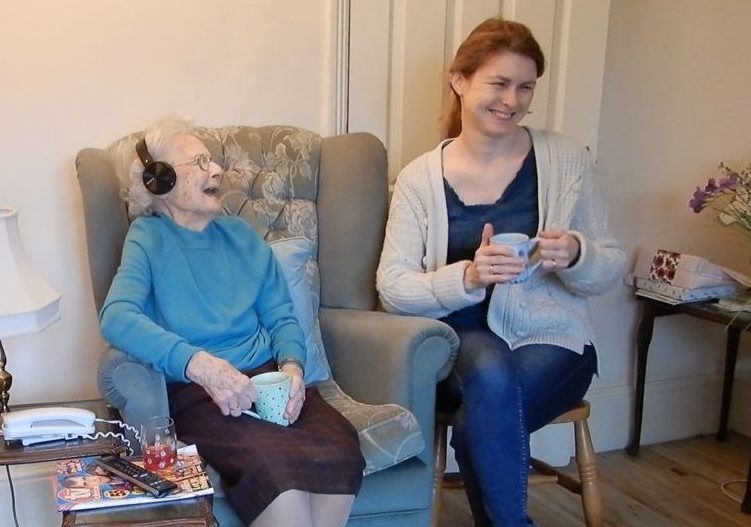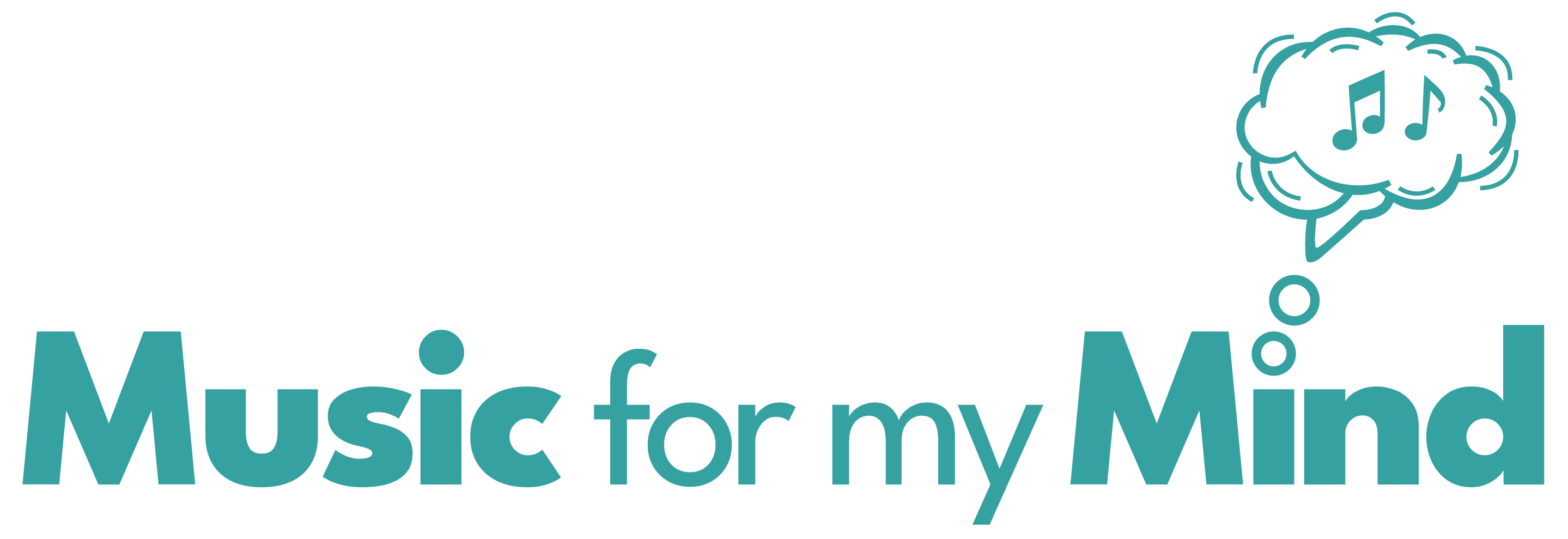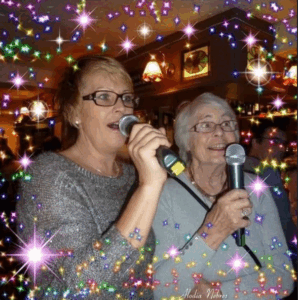
The magic of music in dementia care
Today, families affected by dementia face the prospect of a difficult journey as dementia takes hold; a reality that has affected many of us. Dementia is a global epidemic, with over 1,000,000 cases in the UK alone. It gradually and insidiously takes away personality, memories, confidence, and capacity for communication and independence.
There is currently no cure, but music can help.
Music touches so much of life that a particular song can bring back treasured memories or clear visions of the past.
Why music for dementia?
There is growing evidence that music can be calming and/or stimulating for people living with dementia. Research has often highlighted the importance of sensory experience for people with dementia as cognitive function deteriorates and its potential efficacy in the management of behavioural and psychological symptoms in dementia (BPSD). BPSD are frequently observed to have adverse effects on the care and well-being of people with dementia, leading to increased costs of care, increased distress and reduced quality of life for people living with dementia and their carers. Music has been suggested to be a vital tool in reducing these behavioural and psychological symptoms.
“Music is multi-dimensional, suggesting that even if certain areas of the brain are badly affected by dementia, a person may still be able to understand and enjoy music.”
Music and the brain
Regions of the brain associated with musical memory may overlap with regions relatively spared in Alzheimer’s disease. Moreover, music is multi-dimensional, suggesting that even if certain areas of the brain are badly affected by dementia, a person may still be able to understand and enjoy music. Studies have also shown that music memory in people living with dementia is relatively well preserved. For more advanced dementia in particular, music therapy has been shown to be a vital tool that can enable non-verbal communication. Music may help in the recall of information and playing a musical instrument may be associated with a lowered likelihood of developing dementia.
What are the benefits of personalised music?
Alexander Pantelyat, an assistant professor of neurology at the Johns Hopkins University School of Medicine and co-director of the Johns Hopkins Center for Music and Medicine said: “It’s known that areas that process music in the brain overlap with the emotional areas and those that process language. If a song from somebody’s youth is played it’s possible it will bring back memories associated with the first time they heard it. And that speaks to the need for a tailored approach. Not a ‘one song fits all’ approach.”
Personalised music can recreate the ‘common ground’ stolen from their relationships, improving the individual’s quality of life and that of their family, friends and carers, improving their care and enhancing their relationships. Moreover, music from a person’s teenage years is fundamentally intertwined with their social life. Hence, music from a person’s most tumultuous years is encoded and remembered more strongly than music from any other period in our life. Our pilot study confirms this:
Why music needs to be a part of dementia care
There are many music interventions that are available for people living with memory loss or dementia: listening to music, personalised playlists, learning and playing an instrument, live music in care homes, music therapy, community-based music groups and more.
The Commission on Dementia and Music, in 2018, estimated that good quality arts and music provision may currently only be available in just 5% of care homes. And an estimated 566,700 people with dementia live in the community without access to projects based in care homes. There is, as yet, no available data to demonstrate how many of these people are able to access music-based interventions.
Music for my Mind’s vision is for every care home in Britain to have a music programme and for everyone living with dementia to benefit from music as an integral part of the care they receive. To this end, we created our Playlist Maker which automatically creates personalised playlists for people living with dementia, in 15 minutes.
Universal availability of personalised music listening as an affordable, user-friendly care option could transform the well-being of millions of people affected by dementia and relieve pressure on carers and the NHS.
The data we collect from Playlist Maker users and our Care Home study will help to influence policy makers, care providers and clinicians to deploy personalised music listening more widely within dementia care and social prescribing.






